Ten years ago this week, Barack Obama announced the historic US rapprochement with Cuba. Alongside Obama during years of secret negotiations was Joe Biden — then vice president, and a trusted advisor on foreign affairs. But while Obama’s policies reduced Cubans’ reliance on the communist state, President Biden’s actions have done the opposite: spurring extreme hardship and a huge wave of migration to the US.
Time and time again Cuba has had an outsized influence on US elections
After four years of Donald Trump’s hardline stance, Biden entered the White House in 2021 with a pledge to “reverse the failed Trump policies that inflicted harm on Cubans and their families.” But rather than overturn Trump’s stringent measures, Biden added to them. The results were devastating, with Biden’s position on Cuba a humanitarian and electoral disaster. Unsurprisingly, this harmed the Democrats’ chances against Trump in this year’s election.
Although Biden softened some of his predecessor’s decisions, he retained many. Most controversially, he upheld Trump’s move, made at the very end of his presidency, to include Cuba on the list of “state sponsors of terrorism.” This status, which makes foreign companies working in Cuba liable to US sanctions, costs the island both foreign investment and the hard currency needed to import essential goods.
Similarly strict was Biden’s decision to require a visa from anyone wishing to enter the US who had visited Cuba since 2011 (a period that included the Democrat-brokered rapprochement between 2014 and 2016). This meant that if vacationers from forty countries wanted to visit Cuba, to subsequently travel to the US they would need to pass an embassy interview and pay $166. Compared to the pre-pandemic year of 2019, Cuba’s income from tourism in 2023 was down 62 percent.
The problem with these sanctions is that their impact is so indiscriminate. Whereas some restrictions specifically target the government or the military, those covering tourism affect private citizens. Working in tourism — be it as a taxi driver, a restauranteur or as the host of a B&B — is the main way for Cubans to earn money outside a state system that pays an average salary of about $35 a month. That wage, already modest, is not enough to buy the essentials needed to complement the ration. Inflation is high (38 percent in 2022 and 30 percent in 2023, according to government data) and shortages abound. The scarcity of items like food, fuel, and medicine is even greater than in the years following the collapse of the Soviet Bloc.
Neither Biden nor the US embargo are fully to blame for Cuba’s humanitarian crisis, which also has roots in the state’s underinvestment in critical infrastructure and its longstanding unwillingness to implement economic reform. To boot, Cuba’s main exports — tobacco, alcoholic spirits, sugar, nickel mattes and zinc ores — are not sold in enough volume to prop up the economy.
Facing parlous humanitarian conditions, and an economy under tighter and tighter sanctions, Cubans have decided to leave in record numbers. In fact, Biden’s measures have helped cause the largest exodus in the island’s history — far surpassing the Mariel Boatlift of 1980 and the Rafter Crisis of 1994. According to the US Customs and Border Patrol Agency, nearly 650,000 have arrived in America in the past three years. The great irony of Biden’s policy is that so many Cubans fled to the US when immigration was the Democrats’ Achilles heel.
Biden justified the sanctions on account of the Cuban government’s arrest of over 1,400 demonstrators during the street protests of July 2021. His administration regularly maintained that Havana needed to ensure greater respect for human and civil rights. However, advocates for Cuba contend that if this principle were applied consistently, the US would have to apply sanctions on numerous countries around the world. In any case, Biden’s shortsightedness turbo-charged the island’s economic crisis, and its consequences weakened a Democratic administration already struggling to contain immigration.
From the Russian invasion of Ukraine to the war in Gaza, Biden’s government faced a slew of intractable international issues that may have made Cuba appear unimportant. But whether it’s Jimmy Carter’s handling of the Mariel Boatlift in 1980, the Elián González custody battle in 2000, or Trump repeatedly wooing Florida with anti-socialist rhetoric, time and time again Cuba has had an outsized influence on US elections. Biden’s sanctions have proved utterly counterproductive.



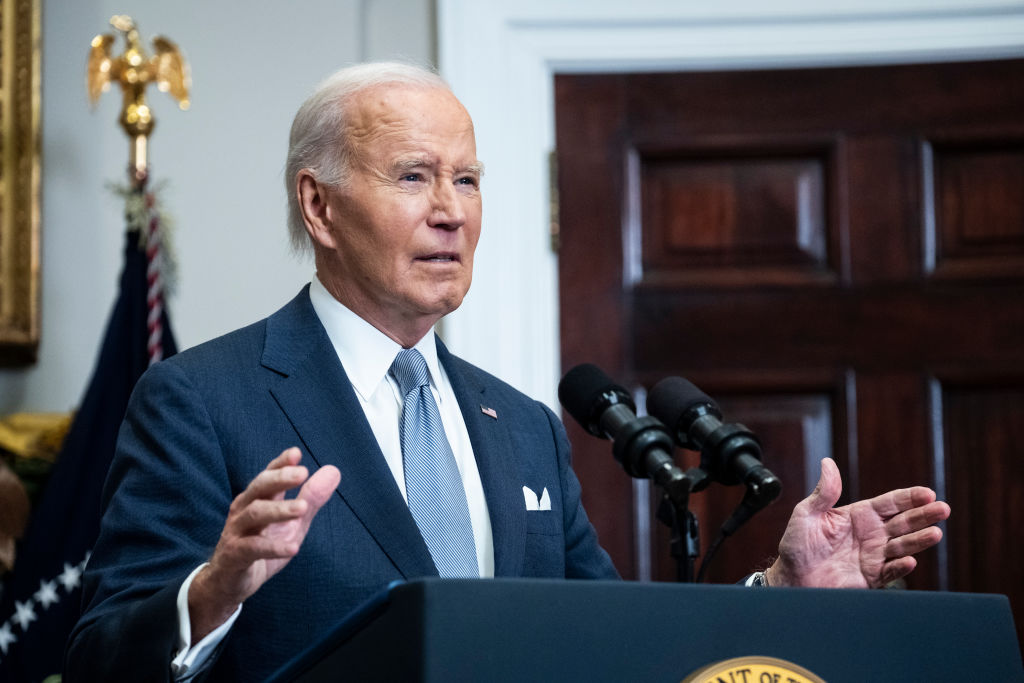






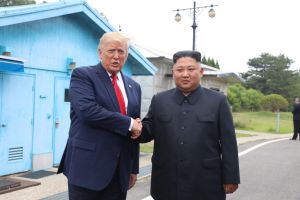

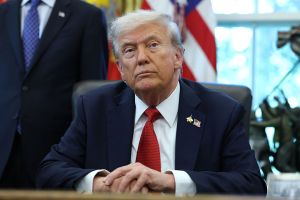
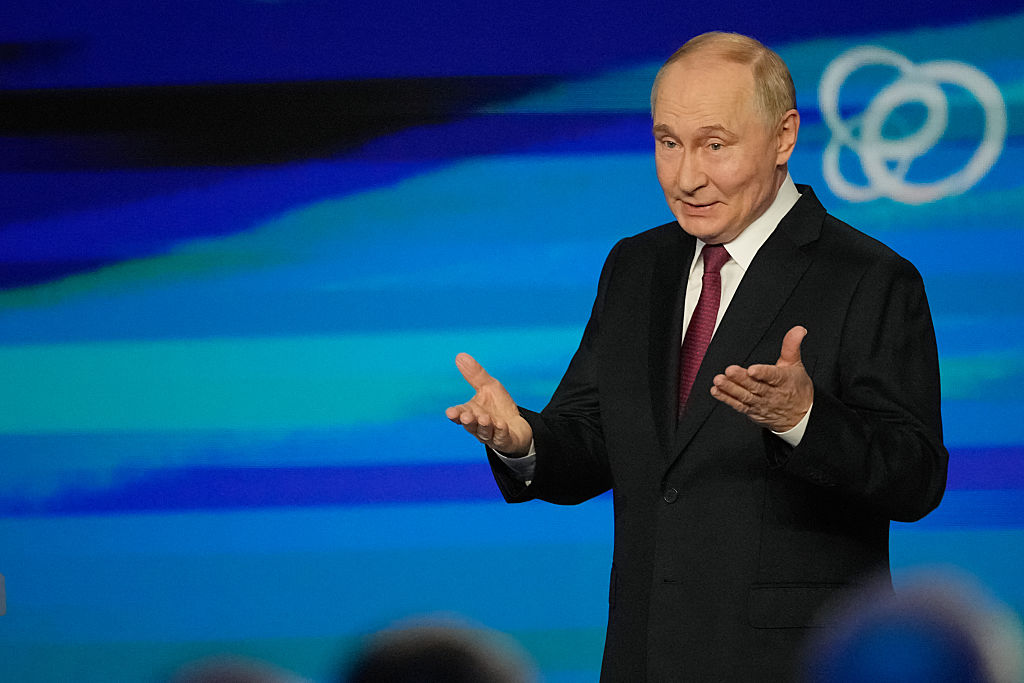
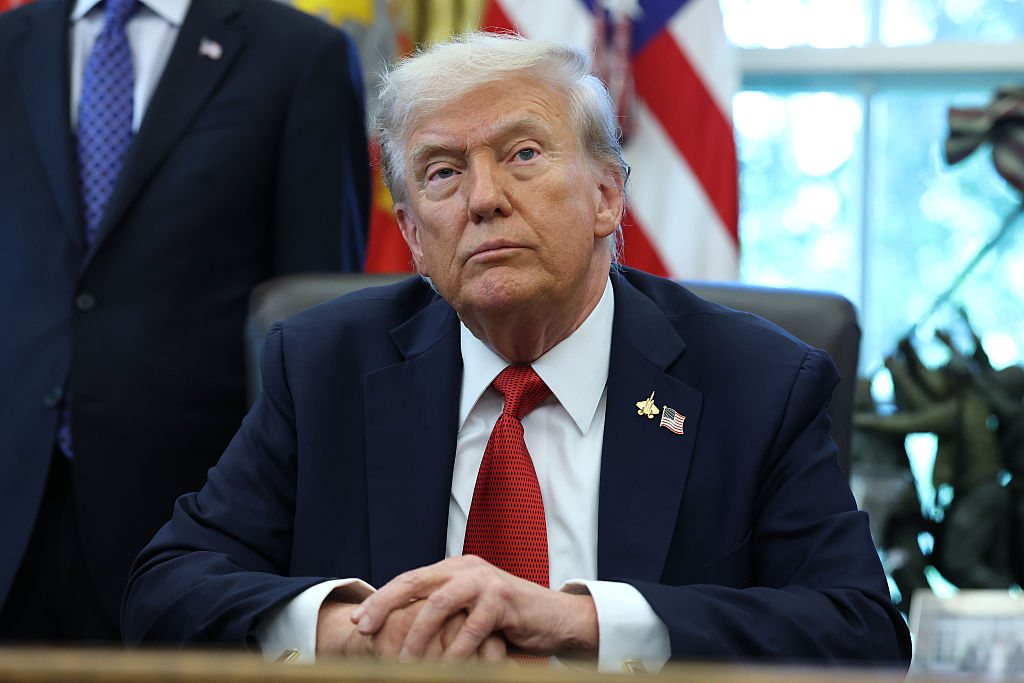
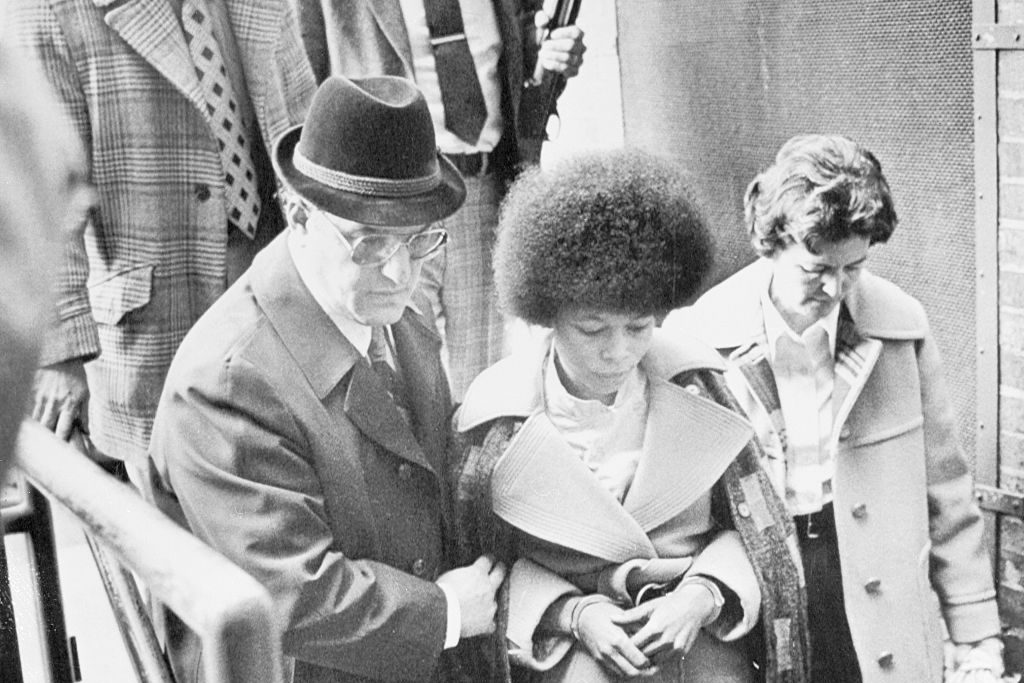
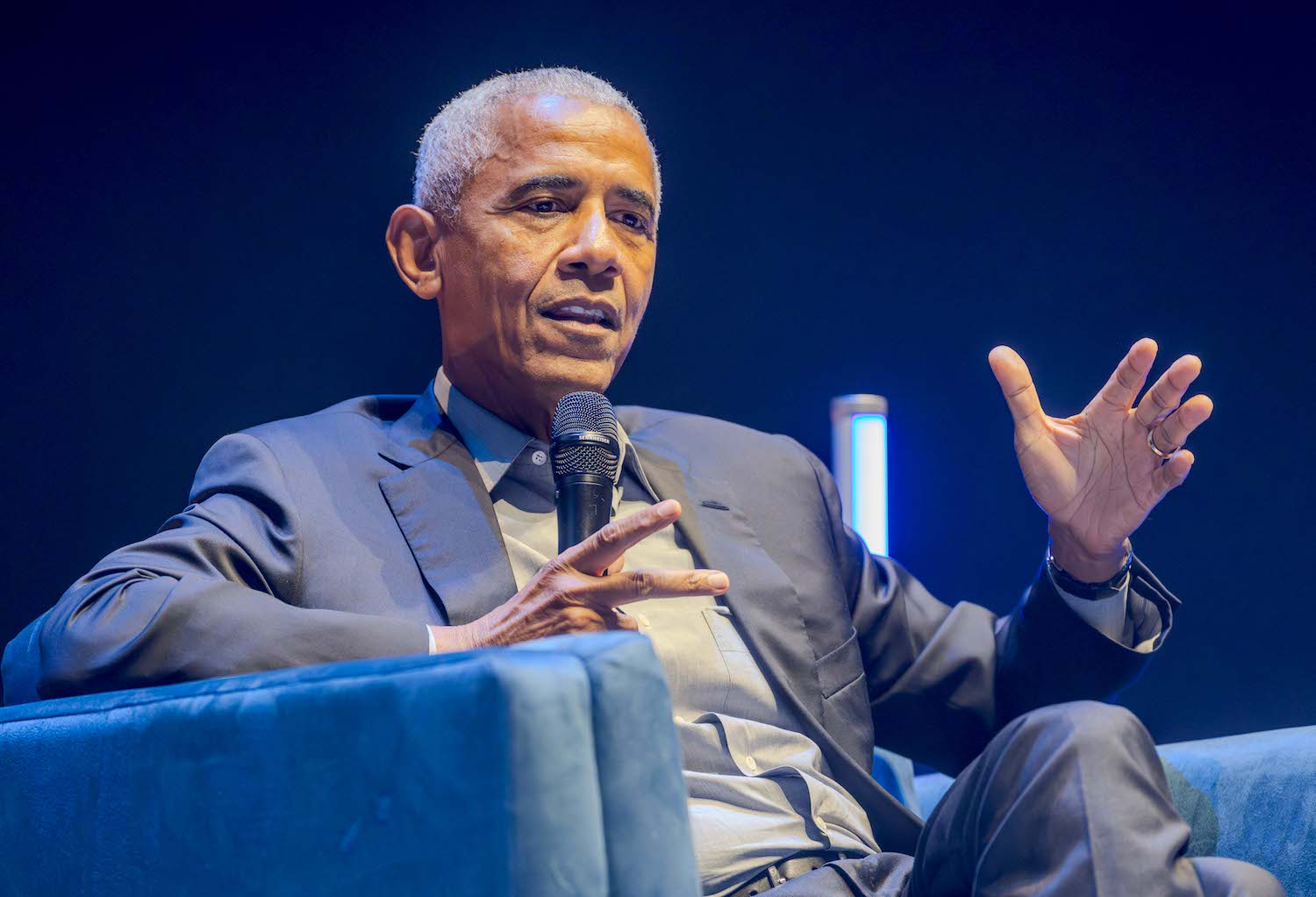









Leave a Reply